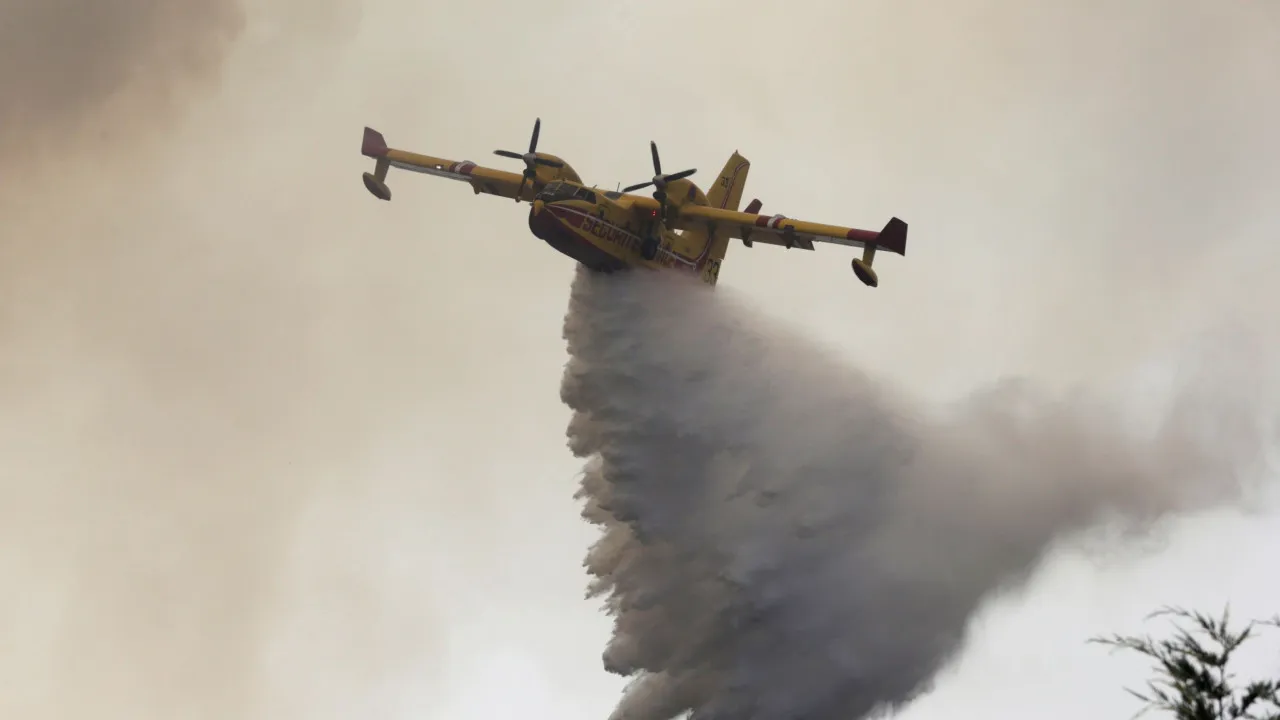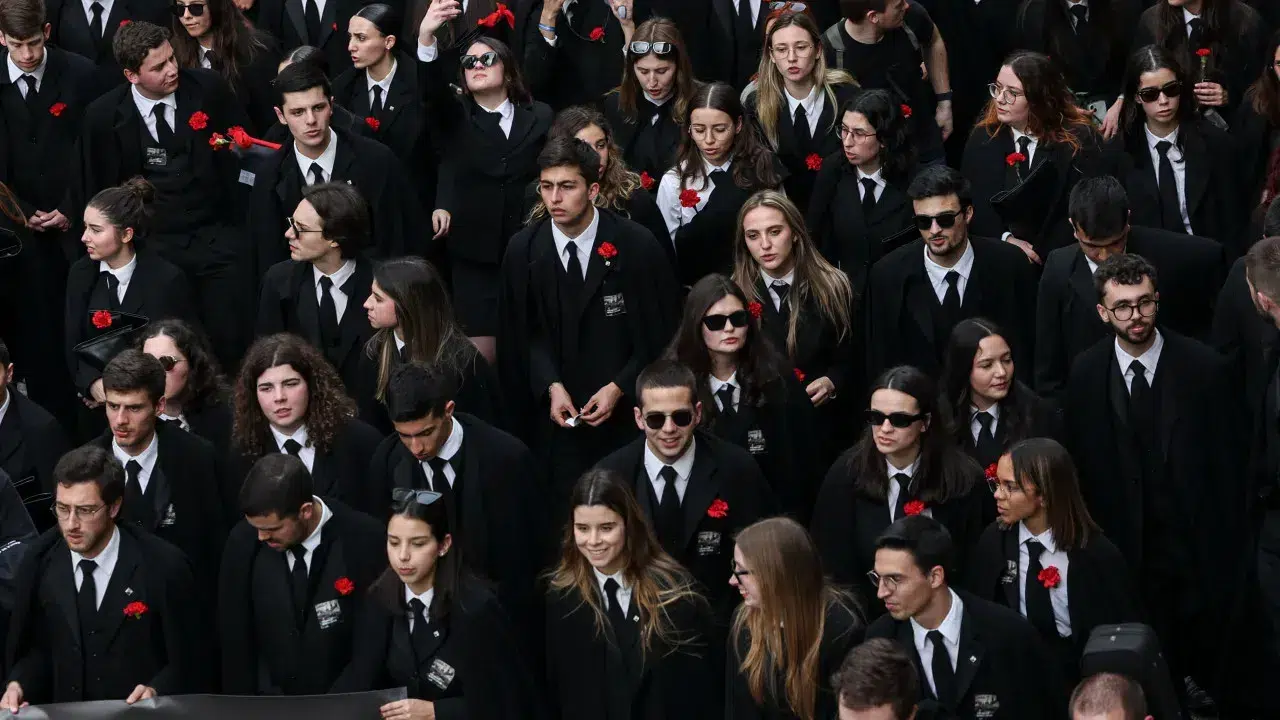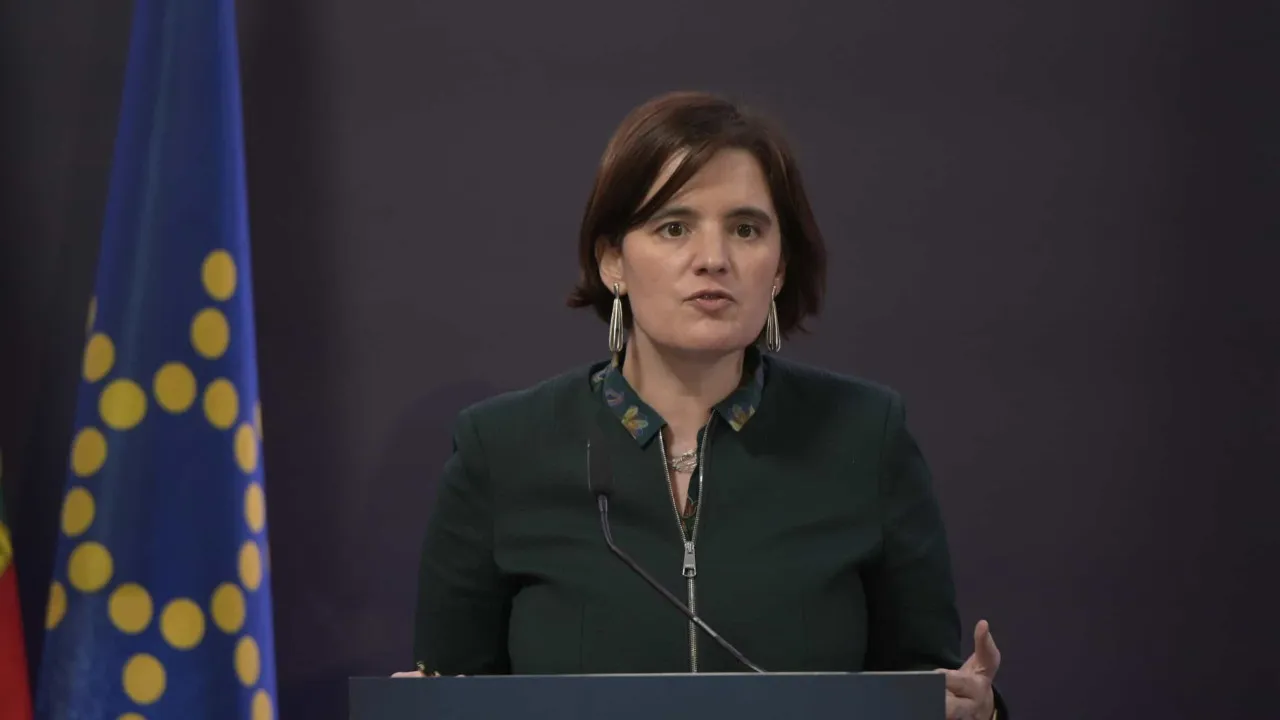
“The phenomenon of disinformation is very similar across all countries, but in our reality, it is somewhat more severe. We are a small country, with few people consuming information,” explained the official in an interview.
“As we lose media outlets and witness a significant and dangerous concentration, disinformation gains ground,” he stated.
Moreover, significant investments in disinformation and “zero investment in information” might lead to losing this battle in Portugal, where there is “a huge resistance from all governments and a large part of the political power (…) in effectively and efficiently supporting information,” he added.
In this sense, Luís Simões admitted that the “far-right is largely responsible for spreading narratives that aren’t true,” because nowadays, in journalism, “it’s often more important to be quick than to be accurate and verify everything.”
“Those responsible for verification aren’t the fact-checkers,” he said, mentioning that combating disinformation requires historical memory and diversity in newsrooms, “not just white men in their 50s.”
“Great media companies in the 21st century have always operated at the limits. We’ve had 25 years of this century, and I don’t remember a time without the word crisis being attached to the word journalism,” he remarked.
Despite this, the union leader mentioned that “probably the big media had the means to respond well to disinformation in the early days, when they had larger newsrooms (…) and there wasn’t a frenzy to report the news a second after the event.”
“If there are conditions to verify everything we write, probably sometimes there aren’t,” he admits, although the fight against disinformation has been carried out through high-quality journalistic work.
In this context, Luís Simões highlights the case of sports journalism, where journalists have distanced themselves from their sources, causing information to come through others, such as communication agencies, “which in many cases have more people and resources than the newspapers themselves,” acknowledging this as a widespread mistake.
Although the current scenario isn’t catastrophic, the pandemic was a moment “we didn’t capitalize on,” considered Luís Simões, stating it was a time of a ‘boom’ in disinformation, but people realized that information came from journalism because “journalism dismantled many narratives.”
The president of the Journalists’ Union also considered that Artificial Intelligence (AI) has brought challenges for which journalists were not prepared, so investing in training is important.




